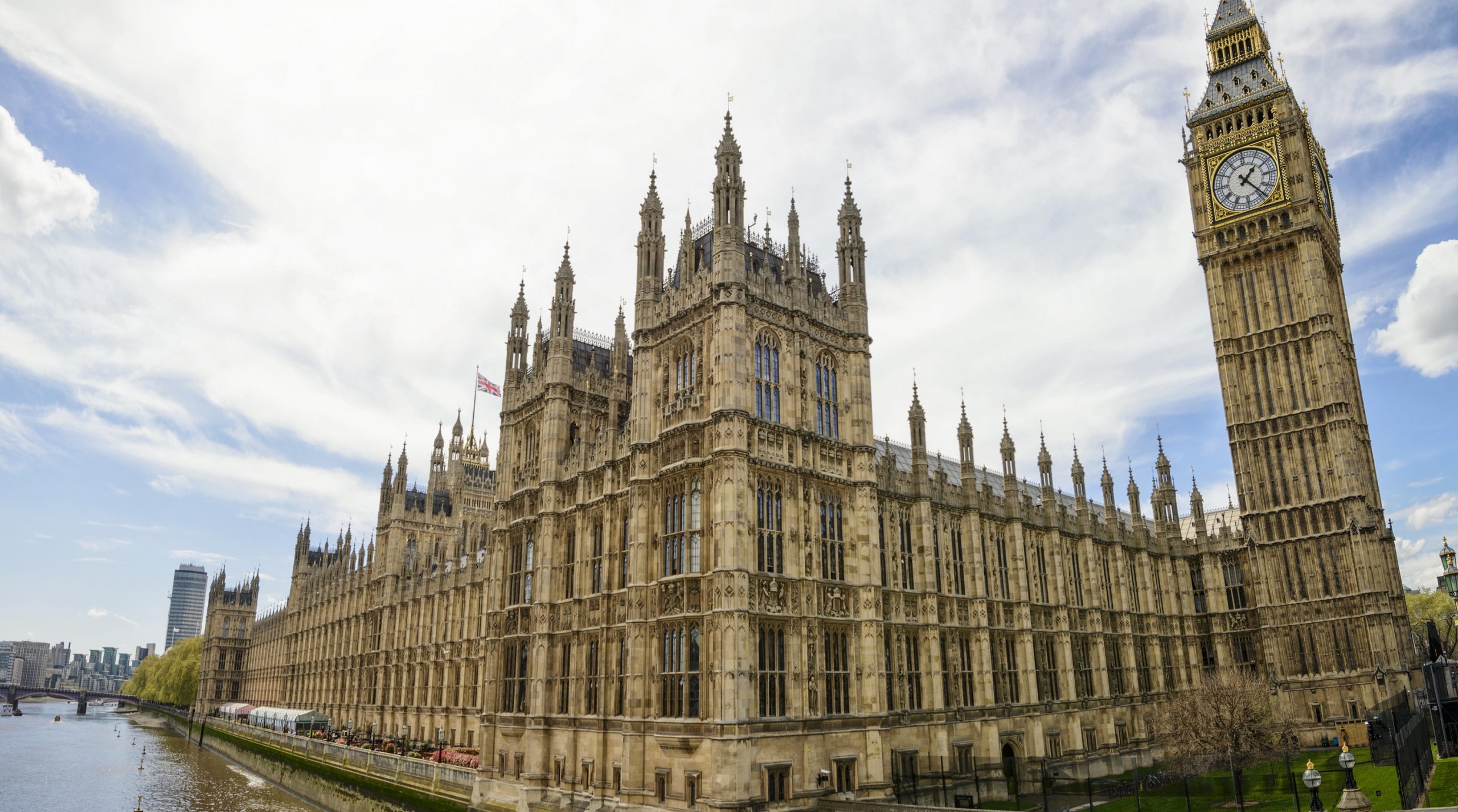Autumn Budget Statement 2024

31st October 2024
After months of speculation and in one of the longest ‘Budget’ speeches in memory, Chancellor Rachel Reeves gave the first Labour Budget speech for nearly 15 years on 30 October 2024.
Included were a number of tax raising measures, which we have summarised below:
Pensions and Inheritance Tax (IHT)
Potentially the most impactful change in this Budget was the announcement that from 6 April 2027, defined contribution (DC) pensions will be included in the estate for IHT purposes.
Currently DC pensions, for example Self-Invested Personal Pensions (SIPPs), are not considered to be part of your estate and are free from IHT. If you inherit a DC pension from somebody who died at age 75 or over, you will need to pay income tax when you access it. If they were under age 75, there can be no income tax to pay.
The Government has opened a consultation on the processes required to implement the changes which closes on 22 January 2025.
Capital Gains Tax (CGT)
Main rates
From 30th October 2024, CGT rates will increase to 18% for basic rate taxpayers and 24% for higher rate and additional rate taxpayers, up from 10% and 20% respectively.
There is no change to CGT rates on residential property which is not your main residence. These continue to be taxed at 18% and 24%.
There is also no change to the CGT annual exemption of £3,000 for individuals and £1,500 for trusts.
Business Asset Disposal Relief (Entrepreneurs’ Relief)
This relief provides a special rate of CGT of 10% on disposals of business assets up to a lifetime allowance of £1,000,000. From 6 April 2025, the rate of CGT will increase to 14% and from 6 April 2026 to 18%, on disposals up to £1,000,000.
Inheritance tax (IHT)
Nil-rate band and residence nil-rate band
The nil rate band of £325,000 and the maximum residence nil-rate band of £175,000 will now be frozen until 5 April 2030, two years beyond the current freeze.
Tapering of the residence nil rate band will continue from the £2 million threshold.
Agricultural property relief and business property relief
Changes to IHT relief will affect agricultural and business property. Currently, these assets receive 100% IHT relief, but under the new rules, only the first £1 million will remain fully exempt. For any value exceeding this threshold, the relief drops to 50%, resulting in an effective IHT rate of 20%.
Additionally, this 20% effective tax rate will apply to assets on the Alternative Investment Market (AIM). Previously, AIM assets were exempt from IHT if held for at least two years at the time of death.
ISAs
There are no changes to the current subscription limits. These are £20,000 for ISAs, £4,000 for Lifetime ISAs (included in the £20,000 ISA subscription limit) and £9,000 for Junior ISAs and the Child Trust Fund. These will be fixed until 5 April 2030.
The ‘British ISA’ proposed at the last budget will not go ahead.
Income tax and National Insurance (NI) for individuals
The freeze on income tax and NI thresholds will continue until 2028 as announced by the previous government, but beyond that the thresholds will increase in line with inflation.
The threshold at which child benefits are withdrawn was increased from £50,000 to £60,000 from the beginning of this tax year and this will continue. Benefits are withdrawn at the rate of £1 for every £200 in excess of the £60,000 threshold. This means all child benefits are lost once the highest earner in the household has income over £80,000. Proposals to extend this test to household income at a higher threshold will not go ahead.
NI for employers
From 6 April 2025, the rate of employer NI contributions (NICs) will increase from 13.8% to 15% and the Secondary Earnings Threshold – the point at which employers start paying NICs on an employee’s earnings – will reduce from £9,100 a year to £5,000 a year. The threshold will be frozen until 6 April 2028 and will be increased by CPI thereafter.
Currently, the Employment Allowance allows employers with NIC bills of up to £100,000 in the previous tax year to deduct £5,000 from their NIC bill. From 6 April 2025, this allowance is being increased to £10,500 and the £100,000 threshold will be removed so that all employers will be eligible for the allowance.
State Pensions
It was confirmed that the triple lock on State Pensions would be maintained for the remainder of this parliament, guaranteeing a 4.1% earnings-based increase in April.
This means that the full New State Pension will increase to £230.25 a week from 6 April 2025.
Changes to the taxation of non-UK domiciles
From 6 April 2025, the Chancellor confirmed that the remittance basis and concept of domicile for tax purposes will be abolished, replaced by a new Foreign Income and Gains (FIG) regime based on UK residency rather than domicile.
Under FIG, individuals who become UK residents after a non-residency period of over 10 years won’t pay UK tax on overseas income and gains for their first four years of UK residence and can bring these funds to the UK tax-free. However, they will still pay tax on UK income and gains as usual.
VAT on private school fees
The removal of the VAT exemption for private school fees was confirmed, which will see VAT added to these fees from January 2025. The Chancellor also announced that the government will seek to remove private schools’ business rates relief from April 2025.
Stamp Duty Land Tax (SDLT)
The higher rates of SDLT for purchases of additional dwellings (second properties) and for purchases by companies is increasing from 3% to 5% above the standard residential rates of SDLT.
This measure also increases the single rate of SDLT payable by companies and other non-natural persons purchasing dwellings over £500,000, from 15% to 17%.
Both changes apply to transactions with an effective date on or after 31 October 2024.
Important Information
This document does not constitute advice. If you would like to discuss how the announcement may impact you, please contact our Financial Planning team on 0207 287 2225, or by emailing fp@edisonwm.com
<< Back to Insights
Contact us to see how we can help.
+44 (0) 20 7287 2225
hello@edisonwm.com
The value of investments and the income arising from them can go down as well as up and is not guaranteed, which means that you may not get back what you invested. Past performance is not necessarily a guide to the future. The information contained in this website does not constitute advice. The FCA does not regulate tax advice. The FCA does not regulate advice on Wills and Powers of Attorney. The Financial Ombudsman Service is available to sort out individual complaints that clients and financial services businesses aren’t able to resolve themselves. To contact the Financial Ombudsman Service please visit www.financial-ombudsman.org.uk.


